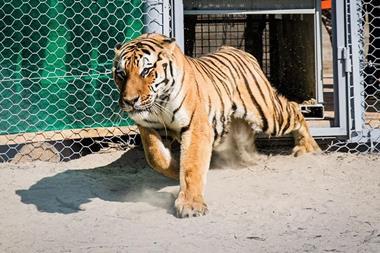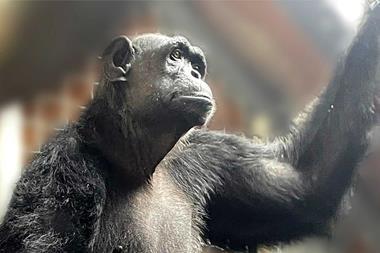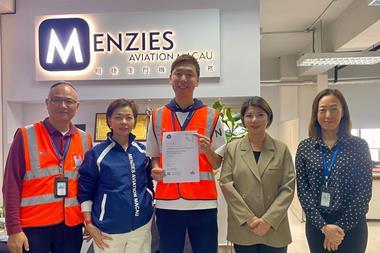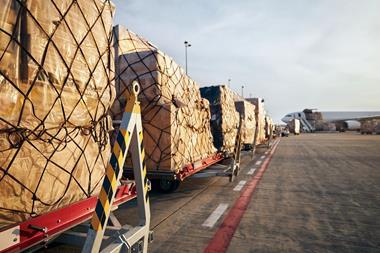IATA has confirmed the launch of its new CEIV programme for the transport of Live Animals to help improve the safety and welfare of animals travelling by air.
CEIV Live Animals, which Air Cargo News reported was being developed last year, is based on the IATA Live Animals Regulations (LAR) and input from industry experts, including veterinarians, animal welfare experts, government agencies and non-governmental organisations with an interest in animal transportation.
IATA’s senior vice president of airport, passenger, cargo and security Nick Careen said: “Animal owners and shippers rely heavily on airlines to carry their precious cargo.
“As an industry, we have a duty of care to ensure that standards and best practices are in place around the world to protect the welfare of these animals.
“For those shipping live animals the CEIV Live Animals programme will provide a reliable quality benchmark.
“Just as CEIV Pharma helped provide quality standards for temperature sensitive healthcare shipments, the new program extends that expertise to the important field of transporting and handling of animals.”
Before the launch of the programme, a live pilot was carried out with the help of The City of London’s Heathrow Animal Reception Centre (HARC) and Air Canada Cargo.
“Partnering with IATA to develop the CEIV Live Animals programme was important to us,” said HARC assistant director, port health and public protection Robert Quest.
“We look forward to continuing to work closely with IATA to further enhance the programme and support its worldwide adoption by companies across the supply chain in the pursuit of operational excellence in the handling and transport of live animals by air."
Air Canada Cargo, vice president Tim Strauss added: “Transporting animals by air is a complex and highly planned operation.
“Ensuring that animals travel in safe, healthy and humane conditions requires coordination across the supply chain. Air Canada Cargo is delighted to be part of the CEIV Live Animals programme.”
CEIV Live Animals also focuses on the importance to comply with the Convention on International Trade in Endangered Species of Wild Fauna and Flora (CITES) requirements including the CITES Guidelines for the Non-Air Transport of Live Wild Animals and Plants available in the LAR.
Read more animal transportation news










